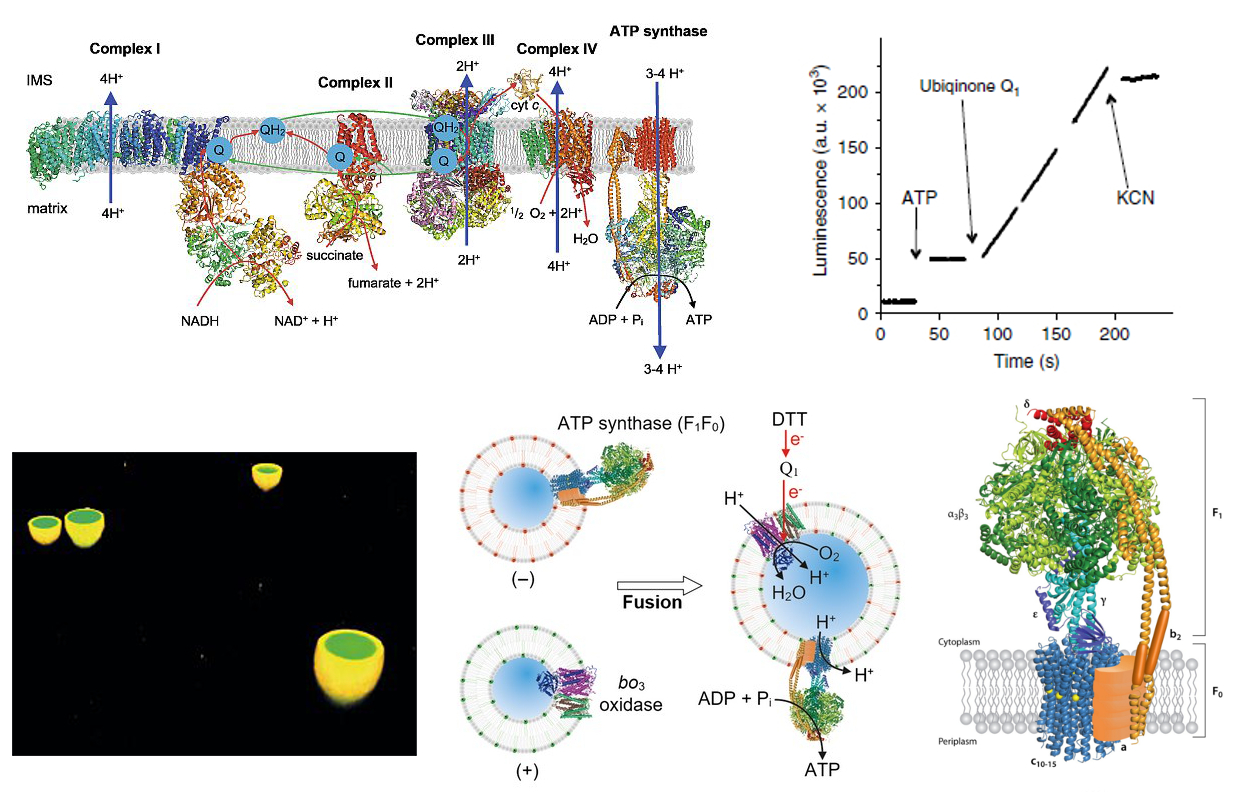
In all life forms, biological membranes separate the contents of different compartments. In bacteria, the cytoplasm is protected and separated from the (possibly hostile) environment. In a eukaryotic cell, an additional level of complexity is added by its compartmentalization into different subcellular structures with a variety of chemical conditions and functions (e.g. nucleus, mitochondria, lysosome). However, transport of molecules and communication between these compartments and thus across membranes are vital and has to be readily available but strictly controlled. This task is performed by a large number of membrane proteins, which are either attached (peripheral) or tightly integrated (integral) into the lipid bilayer of biological membranes. Due to their important role, membrane proteins are the targets of more than 50% of modern drugs, making their molecular mechanism interesting for both basic and applied research.
Our focus
Our research focuses on the molecular understanding of membrane protein function. As outlined above, membrane proteins are important in many cellular functions, e.g. cellular respiration, receptors, nutrient transport, signal transduction in nerves. In order to understand their function and the underlying molecular mechanism, we synthesize and purify them from bacterial cells and put them back into the lipid bilayer of a liposome. From there, we investigate the function of the proteins with a variety of biochemical and biophysical techniques. Additionally, we are interested in the development of techniques for the creation of synthetic lipid compartments with several soluble and membrane proteins embedded.
For more details, see the project description of the different group members:
Follow @LabCvB